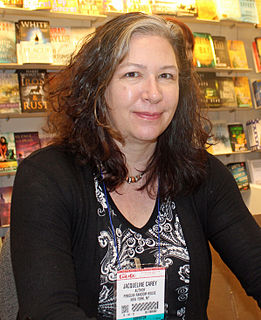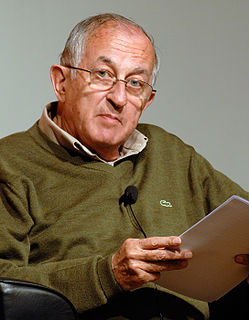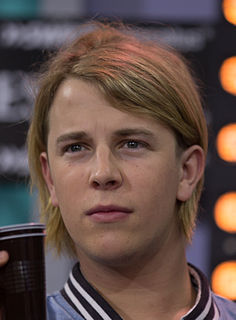A Quote by Jacqueline Carey
It's funny, because in deference to conventional wisdom, I spent my struggling writer years trying to suppress my naturally baroque literary voice and write clean, spare prose. I finally gave up and embraced my baroque tendencies when I wrote the Kushiel series.
Related Quotes
There's this message to comedians in particular, that you shouldn't write it, and a television writer should write it. And that's a prevailing conventional wisdom that I think is really wrong. That's not to say that television writers aren't great, but I think that the belief that some comedy writer's going to be able to capture your voice is naive.
There are certain writers I can't read when I'm trying to write because their voices are so distinct. Cormac McCarthy, he's the most different writer from anything I've ever written, but there's something about those really spare sentences that is just tough - it would be too much of an influence. Grace Paley is my favorite writer. Her stuff is so voice-driven, when I read her a lot I want to make my writing more voice-y and dialogue-heavy. I love a lot of stuff in translation.
I try to find a style that matches the book. In the Baroque Cycle, I got infected with the prose style of the late 17th and early 18th centuries, which is my favorite era. It's recent enough that it is easy to read - easier than Elizabethan English - but it's pre-Victorian and so doesn't have the pomposity that is often a problem with 19th-century English prose. It is earthy and direct and frequently hilarious.
I was trying to run something to ground that had come to my attention when I was working on the Baroque Cycle. That series, of course, was about the conflict between Newton and Leibniz. Leibniz developed a system of metaphysics called monadology, which looked pretty weird at the time and was promptly buried by Newtonian-style physics.
































